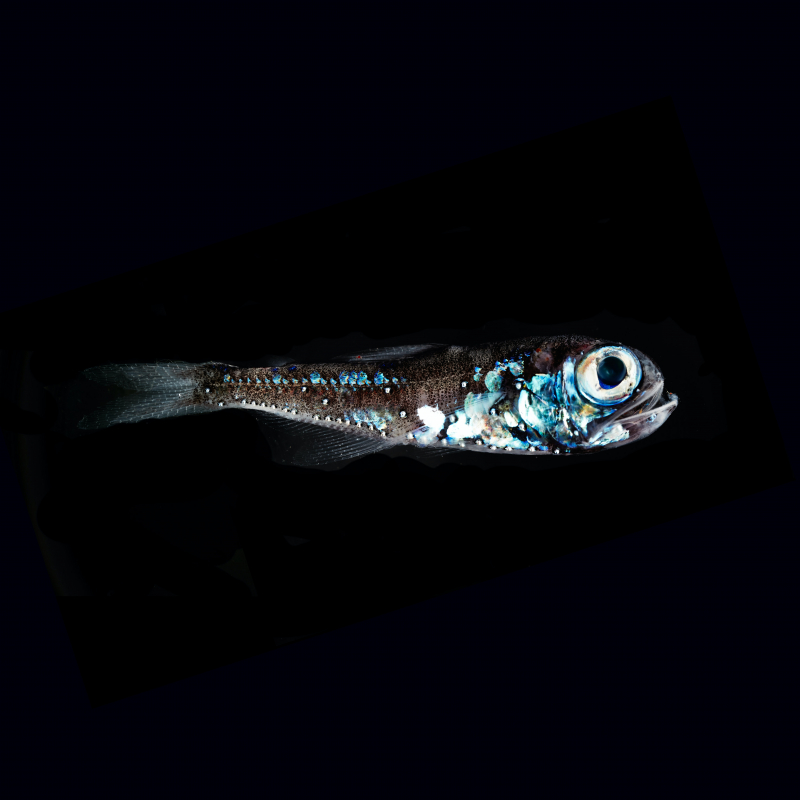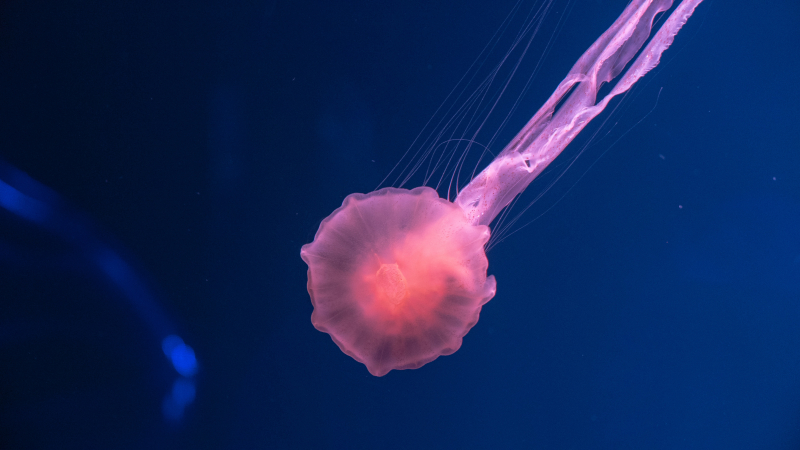The Paradox of the Plankton
The competitive exclusion principle, often known as Gause's Law, is a concept in ecology that asserts that two species that are vying for the same scarce resources cannot coexist peacefully. One of the species will eventually always have a slight edge over the other, which will allow it to dominate it and possibly even drive it extinct. The phenomenon has been observed often by scientists, although plankton appear to be an exception to the rule.
According to British biologist G. Evelyn Hutchinson, who discovered that most settings that include plankton always have a diverse diversity, the so-called paradox of the plankton has been around since 1961. He made specific reference to phytoplankton, which is made up of microalgae, noting that there are typically between 10 and 100 different kinds of phytoplankton present at any given moment in most lakes.
Of course, our knowledge of ecology has improved since Hutchinson's time. The paradox may be explained by a number of factors, including the lack of long-term environmental stability in lakes, predators consuming the dominating phytoplankton, and the unpredictable results of species competing for a variety of resources. There are a number of alternatives, but the dilemma has yet to be conclusively resolved.












